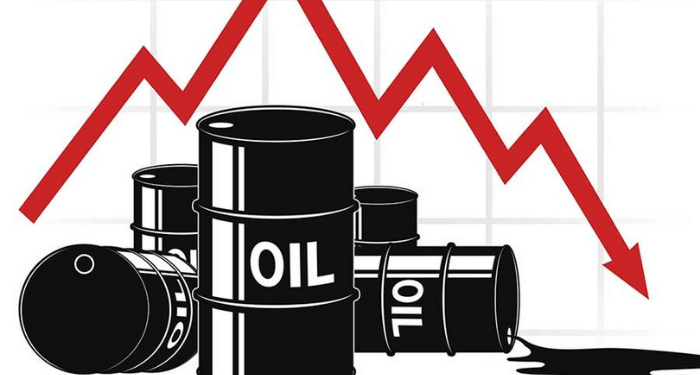Israel and interest rates keep oil prices erratic
Interest rates appear to be central banks’ favorite weapon for inflation, but even they know that it must be used sparingly lest it achieve the opposite of the goal
- Advertisement -
The war in the Middle East could push crude oil prices to $150 per barrel if it spreads across the region, the World Bank warned this week.
Meanwhile, traders—worried about the effect of high interest rates on oil consumption—sparked a sell-off last week, extending a selling streak to four out of the five last weeks.
- Advertisement -
Oil prices are on a wildly swinging seesaw, with interest rates and the war premium in a constant battle with no clear view of which one would gain the upper hand.
- Advertisement -
In its latest Commodity Markets Outlook, the World Bank looked at three scenarios for events in the Middle East involving a disruption in oil supplies. In the scenario of a “large disruption,” which the World Bank likened to the Arab oil embargo on the West in 1973, it predicted oil prices could reach between $140 and $157 per barrel.
However, it’s worth noting that this is the most extreme of the WB scenarios, removing millions of Middle Eastern oil from markets. Its base-case scenario for oil prices remains one where prices actually decline next year because of a slowdown in the global economy. The average for 2024—in the absence of Middle Eastern supply disruption—is $81 per barrel.
While the World Bank describes scenarios, institutional oil traders are selling. Reuters’ John Kemp said in his latest column on hedge fund oil activity that these traders were net sellers for the fourth week of the last five, adding 14 million barrels to their sales in the six most traded oil and fuel contracts in the week to October 14.
- Advertisement -
This means funds have sold the equivalent of 201 million barrels of crude and fuels in futures contracts since September 19. In the last week, Kemp noted, the sell-off was largely the result of growth in short positions on oil as apparent calm settles over fund managers concerning the situation in Israel and Gaza.
Short positions in West Texas Intermediate grew particularly notably last week, Kemp said, moving from 19 million barrels on October 3 to 41 million barrels on October 24. The trend was driven by expectations that higher interest rates would stifle consumption, which may well be reasonable.
The Fed—and the Bank of England—are due for rate updates this week, but many expect these updates to feature a no-change decision after the European Central Bank did just that earlier this month.
Interest rates appear to be central banks’ favorite weapon for inflation, but even they know that it must be used sparingly lest it achieve the opposite of the goal. A decision to keep rates unchanged might have a positive effect on oil prices. On the other hand, Israel’s latest advance in Gaza has sparked expectations that the conflict will end without spreading, which is pushing prices down. Oil remains on the seesaw for the observable future.
- Advertisement -


